Tokyo Twilight Ghost Hunters is a new role-playing game from the relatively new players in the field, Toybox Inc. Much of the team had previously worked on Deadly Premonition, a cult classic that was quite polarizing by critics and fans alike. Now, the team looks forward to letting American audiences get their hands on their own take on the RPG scene. Part visual novel, part strategy RPG, this is a mesh of genres that are rarely seen in English regions (Sengoku Rance be damned, that series still hasn’t come out on consoles). Can Tokyo Twilight Ghost Hunters appeal to fans of both visual novels and RPGs, or is this supernatural title destined to be haunted?
Tokyo Twilight Ghost Hunters opens with the creation of a character to your own liking. While he remains unseen save for a marker representation in combat, you’re free to customize his name, blood type, hobbies, and even how near/farsighted he is in each eye. I personally could not find a difference mechanically between any of the changes. They could simply be a proxy for allowing you to insert yourself into the game, save for the name/nickname everyone refers you by in dialogue.
Once you’re enrolled in Kurenai Academy, the game quickly picks up with story explanations and beats all taking place in the visual novel side of the game. Handdrawn character portraits offer a somewhat realistic representation of the characters that seem to pop out quite well against the backdrop of artistically rendered photograph backgrounds. Throughout the story, you’ll be given various instances where you’re given the chance to voice your opinion in dialogue sequences with multiple choice outcomes. New to the genre are segments where you use not only your words, but also your five senses. At critical moments in the story, you’ll be asked to select an emotion (anger, love, friendliness, sadness, and a blank face) as well as one of your senses. Your response could easily facilitate a different response from the situation and persons you’re talking with. Some key moments in each chapter that require the sensory input can be triggered in a secret sixth sense, with more in depth on that further on in the review.
If there’s one thing that Tokyo Twilight Ghost Hunters does right, it’s style. The very presentation of the hybrid-RPG is broken up into chapters, much like episodes of a serial TV show. Each episode is broken up into a TV-style opening, story segments filled with intrigue and character development, a strategy combat scene, more story dialogue before wrapping up with a proper ending song and small scene alluding to the next poltergeist or supernatural force to combat in the next episode. The music ranges from somber melodies during depressing scenes all the way up to catchy pop tunes for the openings and endings.
Once you’re in the combat phase of each episode, you’ll be playing it from an overhead grid system quite similar to titles like Fire Emblem. Combat transitions into a first-person viewpoint when attacks are dealt out, presented as though the characters are wielding portable cameras and the feed is being sent directly to the TV that the player is watching through. Outside of combat, the game takes its inspiration from Supernatural that it even gets so bold as to showcase a board game called Hypernatural that features playable characters such as a pair of brothers, their father, and even a signature Impala card that can be used for movement.
Where Tokyo Twilight tends to fall behind its contemporaries is the style of combat they opt for. Both the RPG battles and the board game use a grid-based strategy element with one fatal flaw. Guessing and anticipating your opponent’s next move is perhaps the worst aspect of combat. As both you and your opponent take turns simultaneously (ala Frozen Synapse), you’re given an indication of where your opponent has the ability to move to, but as the player, you’ll have to position your units to attack and hope that you’ve struck the right spot. To anticipate the enemy’s next move is all part of challenge and fun, although it can be quite frustrating to position all of your party members around one particular specter only to have them move to that single spot you forgot to cover.
Each of your party members offer their own specialties, attack ranges, and skills to work with. As the player character, he is freely customizable in terms of stats and weapons (similar to the main personality of Shin Megami Tensei). With each level, you’re given about five stat points to allocate as you see fit. One stat to focus early on is intelligence, as every 10 points will give the character an extra action point, which will be used upon both movement and commands. Grabbing a weapon such as a katana with a wide berth and critical range is handy for catching ghosts in your swing, especially when you can target a whole cluster of enemies in one attack. Hidden in the PC option while you’re at the homebase are extra optional missions you can undertake for extra money and experience, so use that to your advantage if you’re feeling underpowered against the phantoms plaguing Tokyo.
Tokyo Twilight Ghost Hunters is a title that requires a great deal of trial and error if you want to see it all. The moments that can trigger a sixth sense I mentioned before are scattered randomly in each chapter (always before the battle phase). Some segments will require using your sight to spot or perhaps might have some green phantasmal ooze leaking from a wall socket that you can taste. If you can guess the proper emotion/sense, you’ll be given a golden-tinted flashback that gives insight into the current ghost you’re tasked with busting in each chapter. Triggering the sixth sense in ever chapter is how you’ll reach the true ending by the end of the story, and without a chapter select, you’ll be stuck starting the entire game from the beginning if you want to reach it.
Most of the chapters feature additional playable characters that you can add to your party, but only if you can convince them throughout the story. For some characters, making one wrong choice will lock you out of recruiting them for that playthrough. I did my best to try and recruit everyone as well as achieve the true ending during my playthrough. I succeeded with seeing the complete story and true ending, but I still finished with two missing slots in my party.
After beating Tokyo Twilight Ghost Hunters, a new game plus option will be available. Equipment and levels carry over, giving you a headstart to play through the story missions at a much faster rate. New optional missions open up with much higher difficulty levels if you’re looking for an added challenge (and all of those sweet, sweet Playstation trophies). The first EX missions I tried to take on featured a level 80+ haunted kitchen appliance while my party was only in the low 50’s, so I certainly met my doom quickly.
Tokyo Twilight Ghost Hunters is a novel experiment, branching together visual novels and strategy RPG gameplay with the feel of a syndicated television drama. While much of the game is trial and error in every aspect, I hadn’t seen a title with so much style in some time. As a fan of either genre, you’ll find something to enjoy, just as long as you’re willing to experiment and can handle making the wrong choice from time to time.
[Editor’s note: Tokyo Twilight Ghost Hunters was reviewed on the PlayStation 3 platform but is also available on PlayStation Vita. Review code was provided to us by the publisher.]


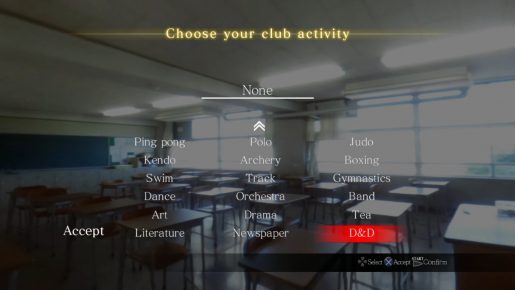
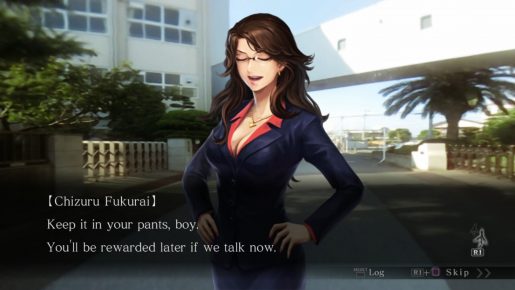
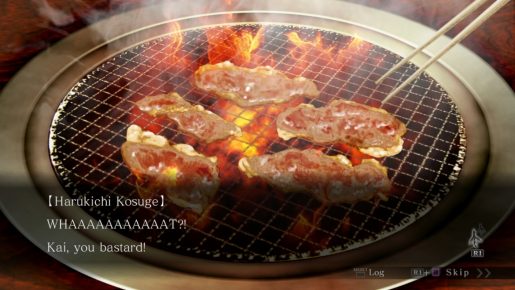
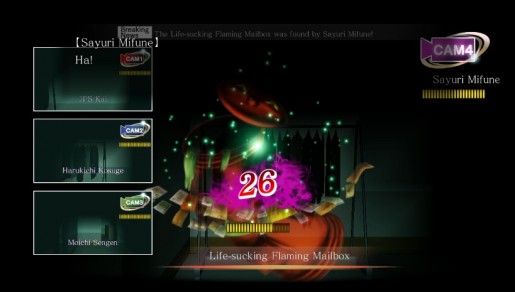
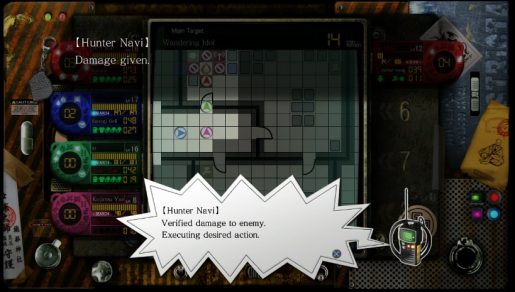
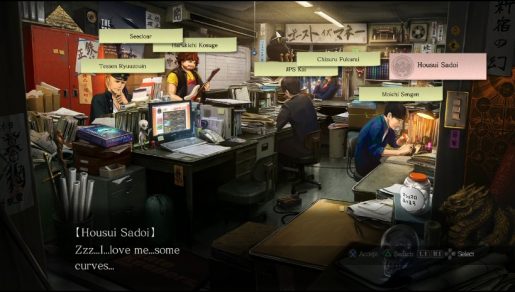
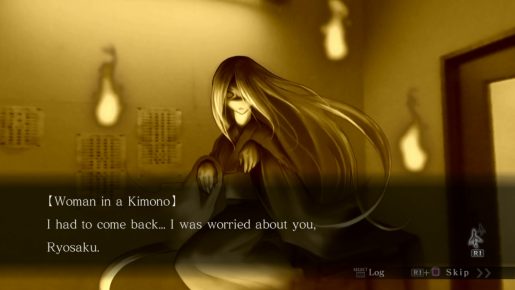
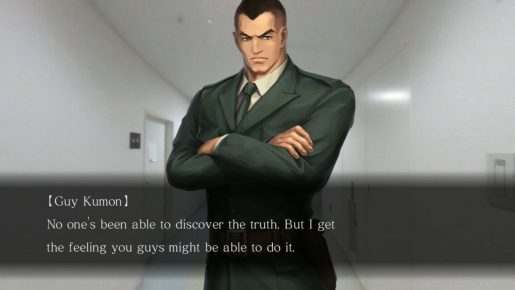
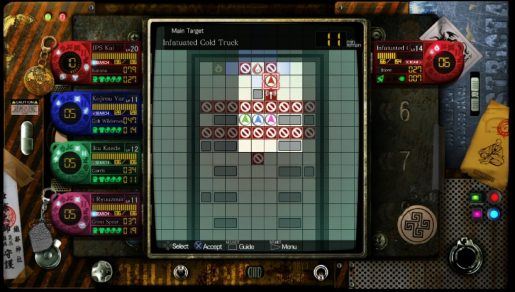
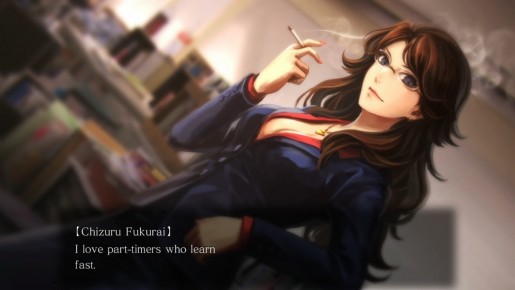
EsperKin
March 16, 2015 at 12:10 AMI’m looking for a walkthrough or guide for getting the sixth sense in every chapter. Also, it wouldn’t hurt to know how to recruit people. I just missed Kaede. I can’t find a trophy guide either, so any help would be appreciated.